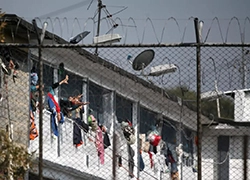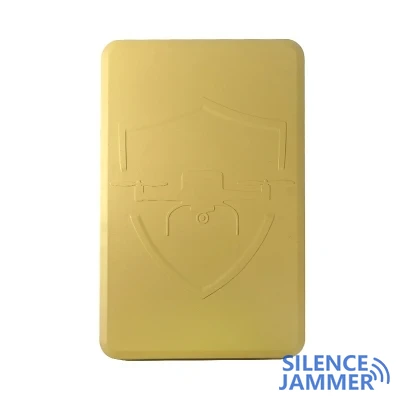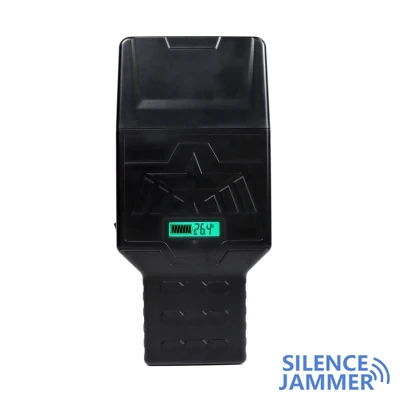
With Chile planning to install mobile phone and Internet signal jammers in prisons, there has been widespread discussion about whether these devices will affect neighbors. Claudio Valencia, a scholar in the Department of Electrical Engineering at the University of Santiago, Chile (Usach), explained that phone signal jammers are designed to work precisely to reduce interference with external communications.
Professor Valencia pointed out that these devices interfere with mobile phone communications by emitting signals in a specific frequency band, but this interference is directional. That is, if the blocker's antenna is pointed at the prison area and the installation design is reasonable, their impact on neighbors' communications will be minimized.
Challenges of signal jammer technology and installation
Jorge Sandoval, a civil electrical engineer at the University of Chile, further explained that signal jammer devices can use more directional antennas to focus on reducing the impact on neighbors. This technology ensures that the phone jammer signal is mainly concentrated inside the prison and does not spread to the surrounding area. An effective jammer system requires precise technical design and correct installation to ensure that it interferes with external communications to the minimum.
Implementation and concerns of the plan
Although the scope of the jammer device can be controlled technically, the specific implementation details are still to be determined. For security reasons, the activation date of the signal jammer device has not yet been announced. The purpose of these jammers is to reduce criminal behavior in prisons, and this measure will be gradually rolled out in locations such as Pedro Monte Quadrant in Santiago, Santiago 1 Prison and ExPenitenciaria, and eventually expanded to other prisons in Chile.
Pablo Jaque, president of the Carabinieri Association, said that they believe that the combination of technical measures will be effective. They are optimistic about this measure and hope that it will provide a safer environment in prisons. However, the Carabinieri have begun to suspend staff licenses in preparation for possible protests.
Public and government response
Former Justice Minister Isidoro Solís supported the measure, arguing that criminal activities in prisons need to be strictly controlled. He mentioned that Chile's prison system has long faced overcrowding problems, so effective measures must be taken to address this problem. Justice Minister Luis Cordero also emphasized the importance of this measure, noting that the government will continue to promote the construction of higher-security prisons to combat organized crime.
If the signal jammers that Chile plans to install in prisons are properly designed and installed, they will not have a significant impact on communications in the surrounding communities. Although it is technically possible to achieve this goal, implementation details and community response still need attention.




